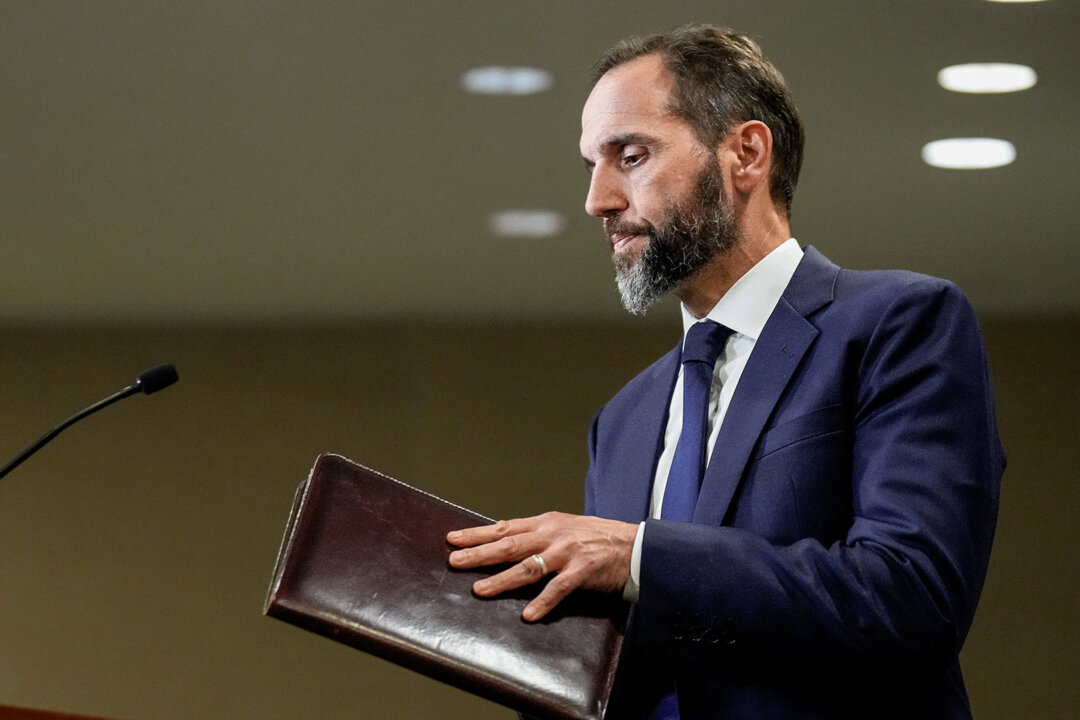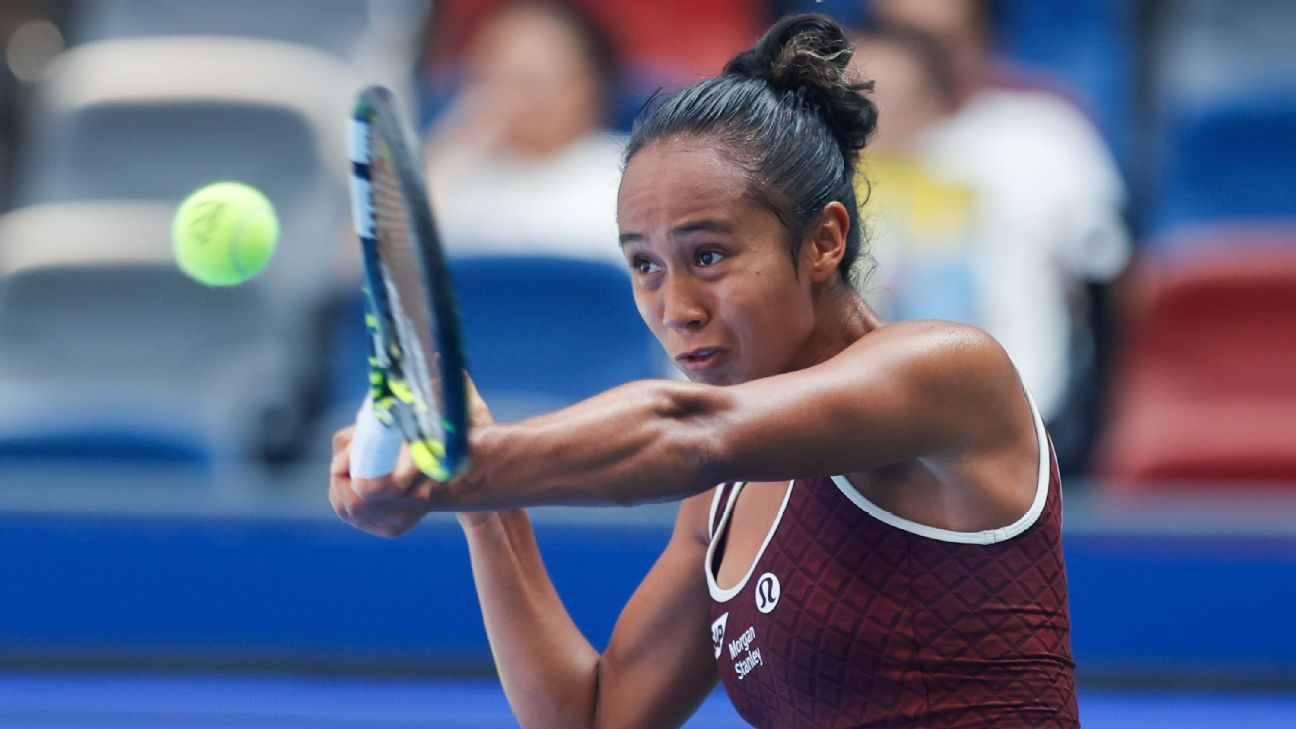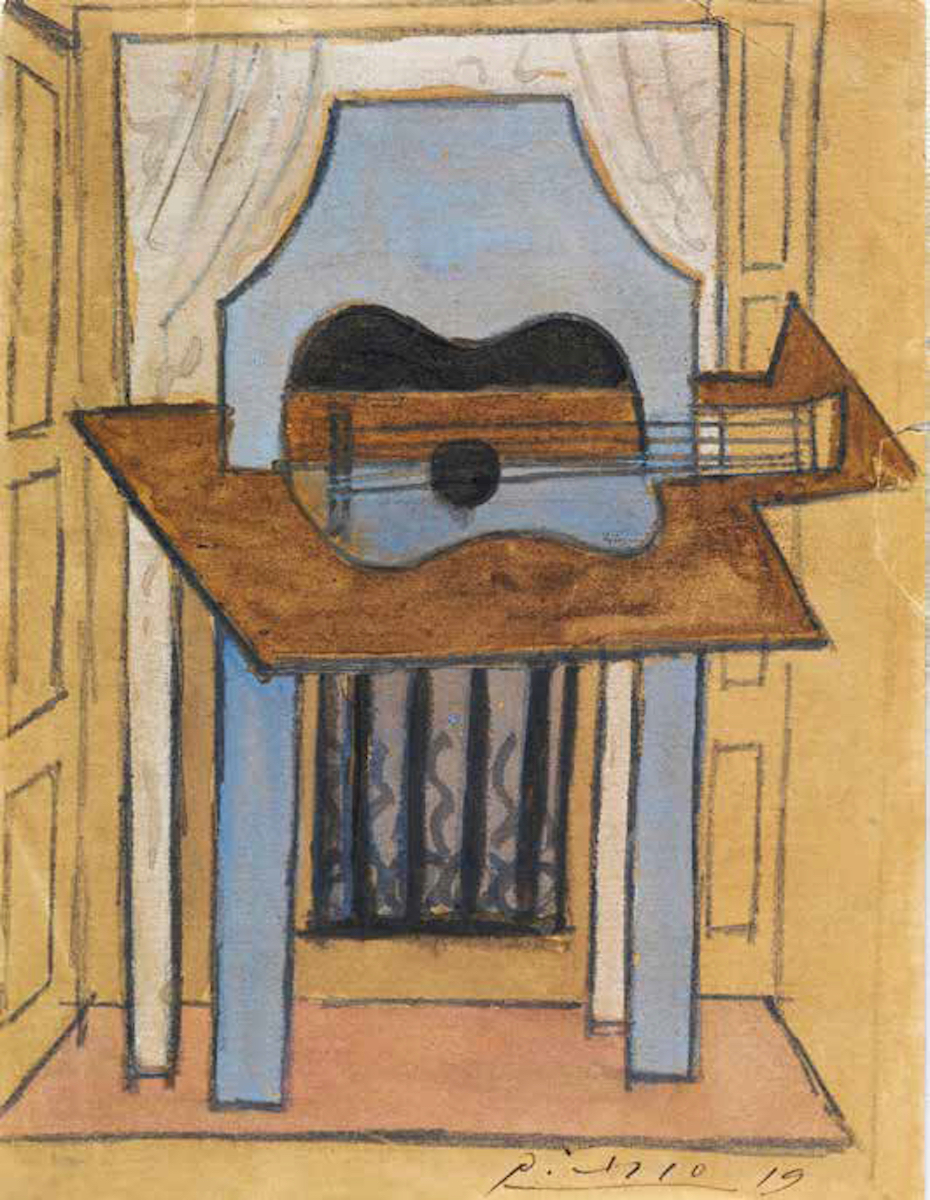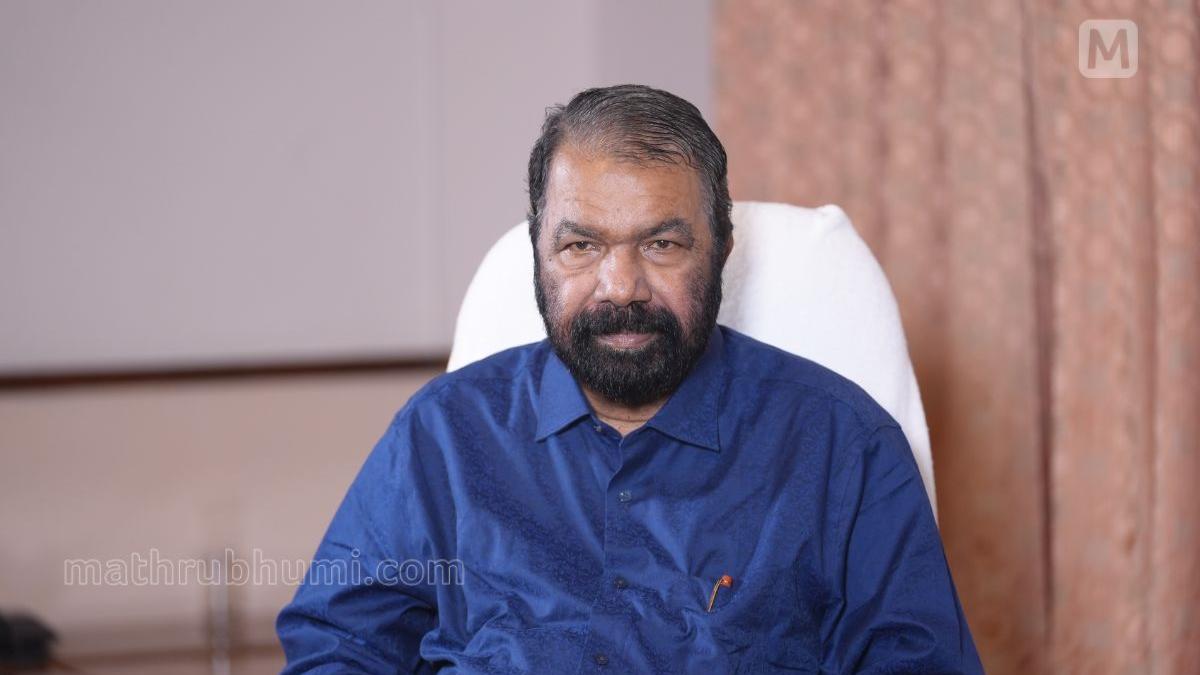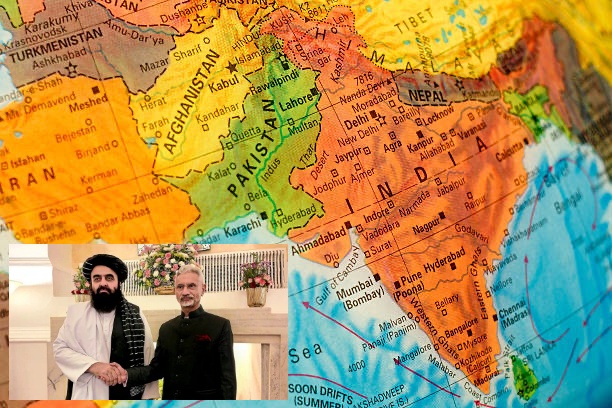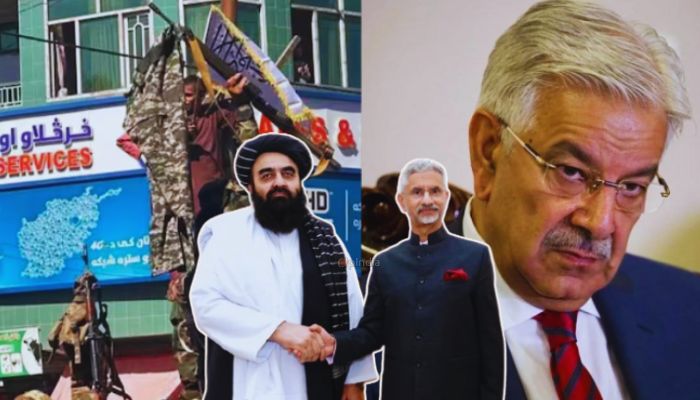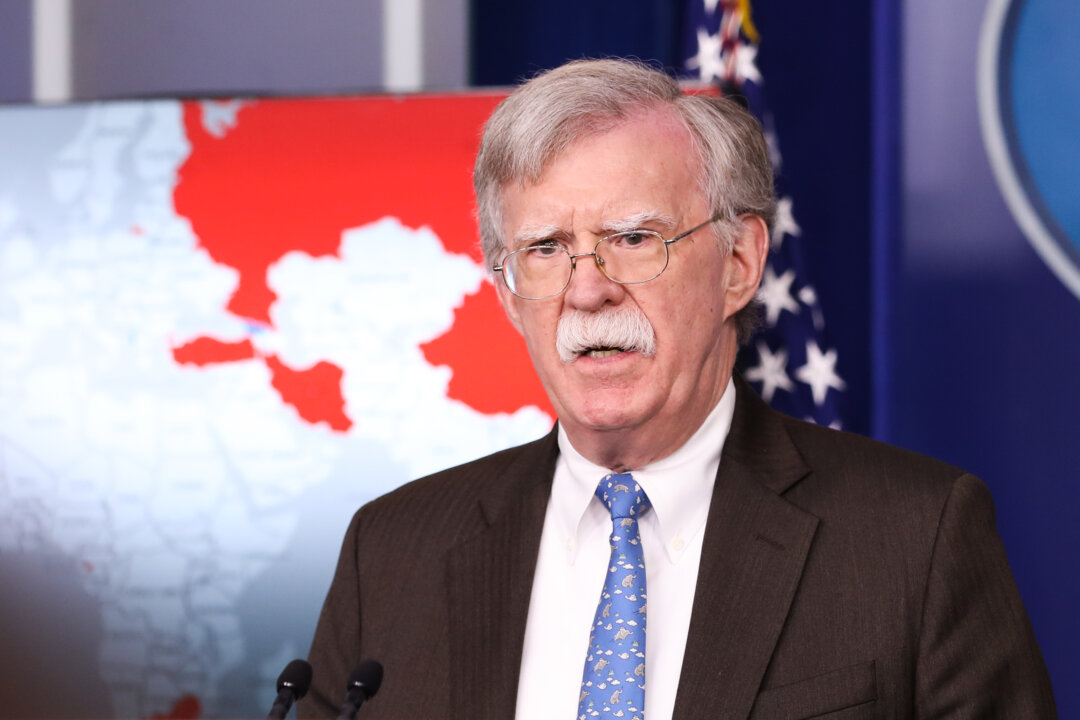Bihar Elections: Mahagathbandhan turns into maha-mess — no candidate list, no seat sharing agreement, candidate clashes on multiple seats on the last day of nomination
As the upcoming assembly elections in Bihar are nearing, the faultlines within the opposition Mahagathbandhan in the state have started emerging. Contesting with the hopes of a regime change in the state, the opposition alliance appears to be struggling to put up a unified and strong opposition before the ruling NDA. Coping with internal conflict and confusion, the Mahagathbandhan failed to announce any seat-sharing agreement on Friday (17th October) as the deadline for filing nominations for the first phase of the two-phase assembly elections ended. The Mahagathbandhan allies the RJD, Congress, CPI (ML-L), CPI (M), CPI and Vikassheel Insaan Party (VIP) filed nominations for all 121 seats in the first phase of polls, out of the total 243 assembly seats of the state. The nominations for the seats in the second phase of polls end on Monday (20th October). Opposition allies field candidates against one another on several seats The opposition alliance’s internal tussle over seat sharing became public after their candidates filed overlapping nominations against their Mahagathbandhan allies on several seats. There are six such assembly seats, viz. Bachhwara, Vaishali, Gauda Baram, Rosera, Lalganj and Rajapakad in the first phase of elections, where Mahagathbandhan party candidates have filed nominations against their alliance partner. For example, at the Vaishali and Lalganj assembly seats, both Congress and the RJD have fielded their candidates. On the Vaishali assembly seat, Congress has fielded Sanjeev Singh from Vaishali, while the RJD has nominated Abhay Kushwaha. Similarly, on the Lalganj assembly seat, the Congress has fielded Aditya Raj, and the RJD has put up Shivani Singh, daughter of former Lalganj MLA Munna Shukla. A similar equation is said to have emerged on the Kutumba assembly seat, where Congress and RJD have pitched their candidates against each other. On the Bachhwara and Rosera assembly seats, the Congress and CPI candidates are contesting against each other. Besides, the Congress has unilaterally released a list of 48 candidates and has given out tickets for five constituencies of Kahalgaon (Praveen Kushwaha), Pranpur (Touqir Alam), Jale (Rishi Mishra), Chainpur (Achala Singh) and Gaya Town (Mohan Srivastava). In the Kahalgaon assembly, the Congress is facing a challenge from the RJD. Moreover, the CPI (ML-Liberation) has also independently announced the names of its 18 candidates for the first phase of polls. The VIP is holding on to its demand to project its leader, Mukesh Sahani, as the Deputy Chief Ministerial candidate. The party has also finalised 14 seats for the first phase of polls. After failing to reach an agreement regarding the seat-sharing, Mukesh Sahani announced that he will not contest the upcoming Bihar Assembly elections. The Mahagathbandhan parties’ inability to agree on the seats has exposed a lack of unity and consensus within the alliance. While the opposition alliance is grappling with internal discord and unending negotiations over seats and candidates, their rival, the NDA, has finalised the list of candidates for all 243 assembly seats and kick-started the election campaign with full fervour. Confusion regarding CM candidate of the alliance The discord within the opposition alliance is not limited to the seat-sharing arrangement, and also extended to the decision regarding the Chief Ministerial candidate of the alliance. After prolonged negotiations, a consensus seems to be building among the Mahagathbandhan regarding the CM candidate. The Congress party recently proposed Rashtriya Janata Dal (RJD) leader Tejashwi Yadav as the Bihar CM face of the alliance. This comes after Congress leaders sought clarity on the name of the CM candidate of the alliance. Discord within opposition alliance is a usual pattern The internal conflict of the opposition alliance is not something happening for the first time; the lack of concord among the opposition alliance partners surfaces before every state-level or national-level election. The reason behind this perpetual lack of consensus and unity is that the alliance is an blend of political parties with different and sometimes opposing ideologies, which came together to put up a fight to throw the NDA out of power. However, election after election, the struggle has hardly yielded favourable results for the grand alliance. One of the reasosns behind this is that instead of putting their might in fighting their rival, the opposition alliance parties end up struggling among themselves to protect their own petty interests. This stems from the fact that the opposition alliance units do not have an underlying unified vision for either the national or the state-level elections. Their sole mission is to grab power by hook or crook by defeating the NDA. The election strategy of the INDI alliance keeps changing from one state to another, which leads to the voter being confused. In some states, the opposition al
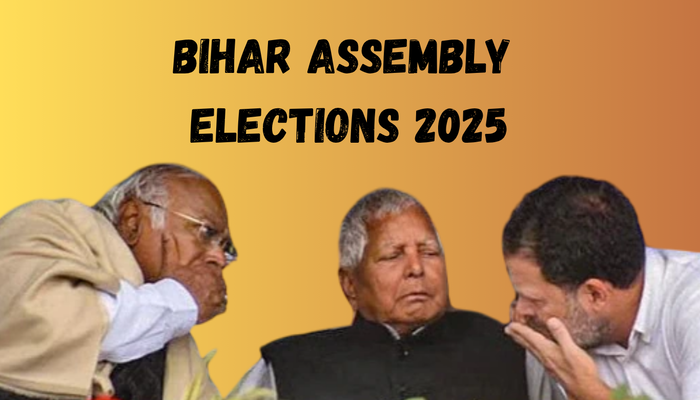


As the upcoming assembly elections in Bihar are nearing, the faultlines within the opposition Mahagathbandhan in the state have started emerging. Contesting with the hopes of a regime change in the state, the opposition alliance appears to be struggling to put up a unified and strong opposition before the ruling NDA.
Coping with internal conflict and confusion, the Mahagathbandhan failed to announce any seat-sharing agreement on Friday (17th October) as the deadline for filing nominations for the first phase of the two-phase assembly elections ended. The Mahagathbandhan allies the RJD, Congress, CPI (ML-L), CPI (M), CPI and Vikassheel Insaan Party (VIP) filed nominations for all 121 seats in the first phase of polls, out of the total 243 assembly seats of the state. The nominations for the seats in the second phase of polls end on Monday (20th October).
Opposition allies field candidates against one another on several seats
The opposition alliance’s internal tussle over seat sharing became public after their candidates filed overlapping nominations against their Mahagathbandhan allies on several seats. There are six such assembly seats, viz. Bachhwara, Vaishali, Gauda Baram, Rosera, Lalganj and Rajapakad in the first phase of elections, where Mahagathbandhan party candidates have filed nominations against their alliance partner. For example, at the Vaishali and Lalganj assembly seats, both Congress and the RJD have fielded their candidates. On the Vaishali assembly seat, Congress has fielded Sanjeev Singh from Vaishali, while the RJD has nominated Abhay Kushwaha. Similarly, on the Lalganj assembly seat, the Congress has fielded Aditya Raj, and the RJD has put up Shivani Singh, daughter of former Lalganj MLA Munna Shukla. A similar equation is said to have emerged on the Kutumba assembly seat, where Congress and RJD have pitched their candidates against each other. On the Bachhwara and Rosera assembly seats, the Congress and CPI candidates are contesting against each other.
Besides, the Congress has unilaterally released a list of 48 candidates and has given out tickets for five constituencies of Kahalgaon (Praveen Kushwaha), Pranpur (Touqir Alam), Jale (Rishi Mishra), Chainpur (Achala Singh) and Gaya Town (Mohan Srivastava). In the Kahalgaon assembly, the Congress is facing a challenge from the RJD.
Moreover, the CPI (ML-Liberation) has also independently announced the names of its 18 candidates for the first phase of polls. The VIP is holding on to its demand to project its leader, Mukesh Sahani, as the Deputy Chief Ministerial candidate. The party has also finalised 14 seats for the first phase of polls. After failing to reach an agreement regarding the seat-sharing, Mukesh Sahani announced that he will not contest the upcoming Bihar Assembly elections.
The Mahagathbandhan parties’ inability to agree on the seats has exposed a lack of unity and consensus within the alliance. While the opposition alliance is grappling with internal discord and unending negotiations over seats and candidates, their rival, the NDA, has finalised the list of candidates for all 243 assembly seats and kick-started the election campaign with full fervour.
Confusion regarding CM candidate of the alliance
The discord within the opposition alliance is not limited to the seat-sharing arrangement, and also extended to the decision regarding the Chief Ministerial candidate of the alliance. After prolonged negotiations, a consensus seems to be building among the Mahagathbandhan regarding the CM candidate. The Congress party recently proposed Rashtriya Janata Dal (RJD) leader Tejashwi Yadav as the Bihar CM face of the alliance. This comes after Congress leaders sought clarity on the name of the CM candidate of the alliance.
Discord within opposition alliance is a usual pattern
The internal conflict of the opposition alliance is not something happening for the first time; the lack of concord among the opposition alliance partners surfaces before every state-level or national-level election. The reason behind this perpetual lack of consensus and unity is that the alliance is an blend of political parties with different and sometimes opposing ideologies, which came together to put up a fight to throw the NDA out of power. However, election after election, the struggle has hardly yielded favourable results for the grand alliance. One of the reasosns behind this is that instead of putting their might in fighting their rival, the opposition alliance parties end up struggling among themselves to protect their own petty interests. This stems from the fact that the opposition alliance units do not have an underlying unified vision for either the national or the state-level elections. Their sole mission is to grab power by hook or crook by defeating the NDA. The election strategy of the INDI alliance keeps changing from one state to another, which leads to the voter being confused. In some states, the opposition alliance partners contest independently, while in other states, they fight in alliance.
The opposition parties are fixated on their sole objective of defeating the NDA. Instead of trying to connect with the voter by focusing on their issues and problems and offering solutions for them, the opposition’s entire strategy revolves around attacking the ruling NDA but manufacturing imaginary problems, which fail to resonate with the voter. Looking at the trajectory of the opposition alliance ahead of the Bihar assembly elections, it will be no surprise if they end up continuing with their role of opposition after the elections.
The voting for the 121 seats in the first phase of the Bihar Assembly Elections, 2025, will happen on November 6, 2025. The second phase of voting for the remaining 122 seats will take place on November 11, 2025. The election results will be announced on November 14, 2025.







